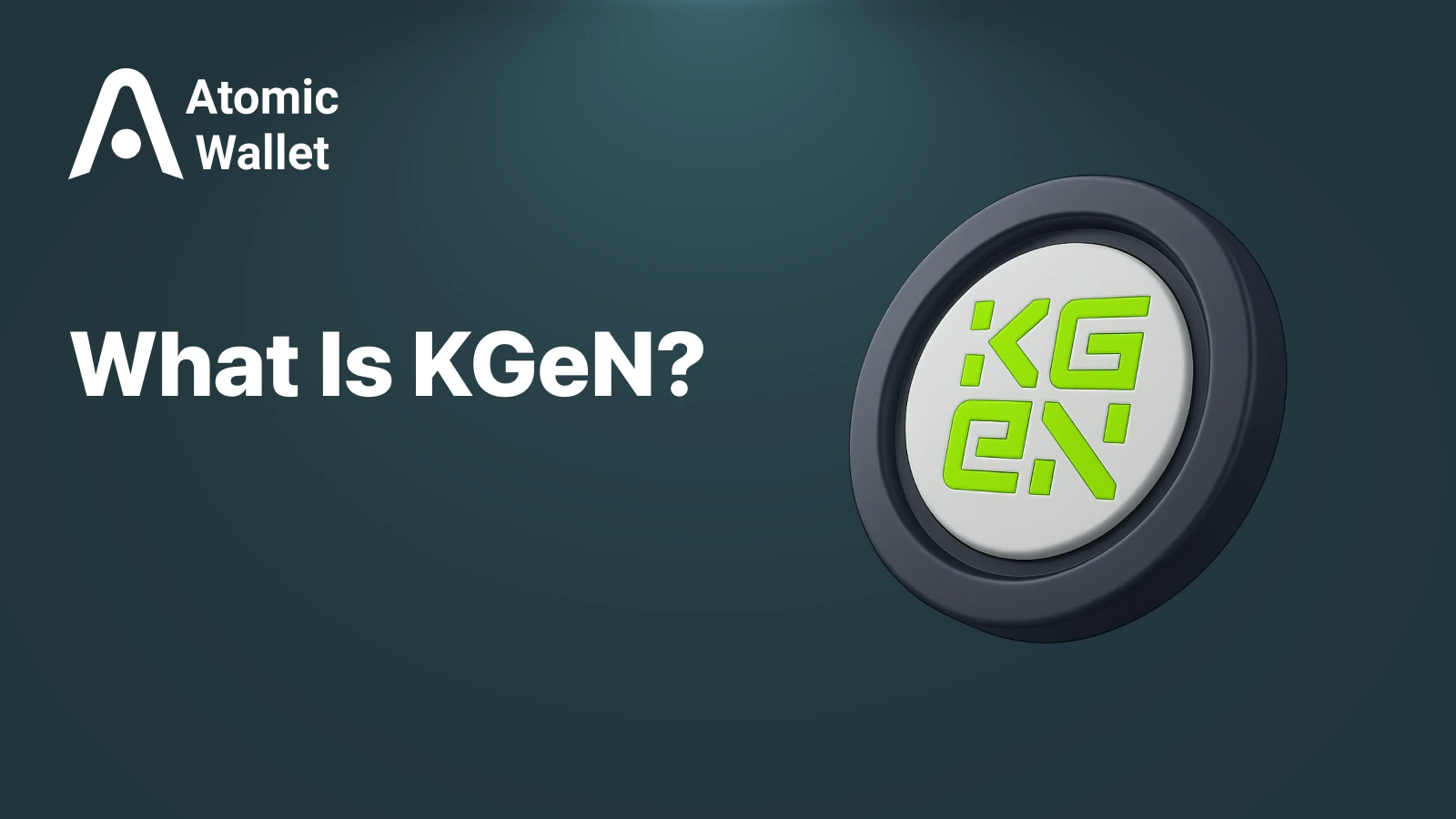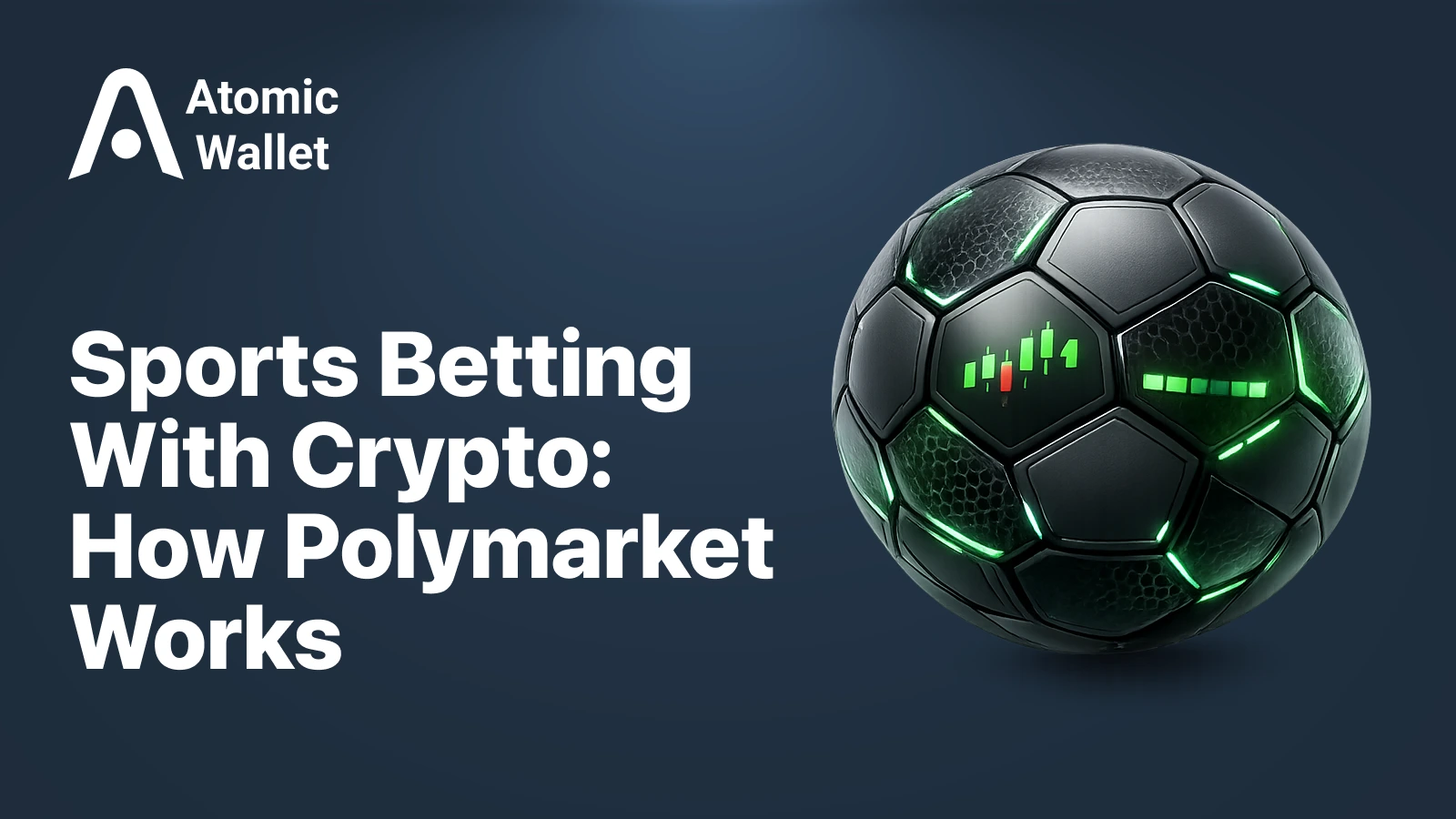Assets

Exchange

Buy Crypto

Products




KGeN (short for Kratos Gamer Network) is one of the most buzzed-about early October 2025 releases — and for good reason. The project closed a $13.5 million strategic round backed by Prosus Ventures, Jump Crypto, and Accel, nipped closely at the heels by its Binance Alpha and Futures listing.
Hype is not everything, though. KGeN exists at the intersection of AI, gaming, and verified user distribution, and it claims to solve one of the biggest pain points in Web3: bots and fake accounts. Its Verified Distribution Protocol aims to guarantee that value from campaigns, games, and on-chain programs flows to real users — not farms.
In a landscape where "proof of humanity" and genuine engagement are becoming hot narratives, KGeN's timing is perfect. This article deconstructs what KGeN is, how it works, and why its "human-first" philosophy might define a new level of Layer-1 infrastructure.
KGeN is a Verified Distribution Protocol that helps Web3 projects reach actual, verified users. Built by Kratos Labs, the protocol uses data-driven identity and proof systems to ensure every campaign, reward, or incentive reaches an actual human — not a bot or automated wallet.
The architecture of the network falls in between conventional marketing networks and blockchain ecosystems, supplying a layer of confirmed user discovery. Imagine it as a cross-chain engine in which games, consumer dApps, and DeFi protocols can target and reward actual participants in a secure way.
Its native token, $KGEN, facilitates transactions, staking, and governance throughout the protocol. Developers have the option to integrate KGeN's APIs or SDKs for confirming users, dispensing rewards, and gaining access to analytics regarding confirmed engagement.
At the heart of KGeN is its VeriFi System, which combines on-chain and off-chain verification models to assess user authenticity. Founded on cryptographic attestations, social proofs, and behavioral data, KGeN assigns each user a "Proof of Genuine Engagement" (POGE) score. The score qualifies users for tasks, airdrops, or ecosystem rewards.
For example:
The platform is already live on the Aptos ecosystem, leveraging its scalability and low latency. With over 15 million verified users and more than 190 active partners, KGeN is building a bridge between real-world participation and blockchain-level trust.

The $KGEN token is the fuel of KGeN's Verified Distribution Protocol — driving activity, participation, and governance on the network. It's based on a utility-first model, so all on-chain interactions have an explicit purpose beyond speculation.
Here’s how $KGEN is used in practice:
This mix of transactional, reward, and governance roles makes $KGEN both a functional utility and a coordination tool for users and developers.
KGeN tokenomics are designed to balance network growth with emissions sustainability. According to CoinMarketCapand Binance listing data, $KGEN has a 1 billion token total supply, with around 198.6 million (≈ 19.8%) in circulation as of October 2025.
Distribution (where available):
Emission schedules are not finalized yet. Where information is unavailable, official documentation indicates "to be disclosed." Investors appear to have a multi-year vesting schedule, suggesting a commitment to gradual decentralization rather than a short-term unlock cycle.
KGeN’s visibility skyrocketed after two back-to-back announcements:
Binance also launched a KGEN Airdrop campaign, offering rewards to users with Alpha Points. Phase 1 required ≥ 210 points, and Phase 2 lowered entry to 190 points — part of a broader plan to distribute tokens to active platform users.
The listing helped to enhance liquidity right away, as trading volumes increased on both DEXs and CEXs. Analysts noted that KGeN's focus on authenticated interaction fits into Binance's broader motif of "human-first infrastructure" in Web3.
KGeN's growth has been accelerated by deep integration into the Aptos ecosystem and partnerships that have expanded its reach into gaming, social, and consumer Web3 applications. As of Q4 2025, the Verified Distribution Protocol supports over 190 ecosystem partners, including dApps, publishers, and on-chain analytics tools.
Key collaborations and ecosystem highlights:
This partner-first strategy allows KGeN to act as a connective layer — bridging projects requiring verified engagement with real users looking to earn sustainably.
KGeN’s roadmap follows a modular rollout, focusing on verification tools first, followed by APIs, SDKs, and governance layers.
Confirmed milestones and upcoming developments:
Future priorities include deeper integrations with AI-driven reputation systems, further language coverage for Asia and LATAM, and direct wallet integrations to provide seamless end-user onboarding.
Buying $KGEN:
KGEN is listed on major exchanges, including Binance, Bitget, MEXC, and other regional CEXs. It is also listed on DEXs that support Aptos-native assets. Always verify the official contract address before purchasing, as scam listings typically appear after highly publicized launches.
Storing $KGEN safely:
The simplest approach is to keep your tokens in a non-custodial wallet that supports Aptos and KGeN assets — such as Atomic Wallet. You retain full control of your private keys while easily managing your portfolio.
Quick steps for secure storage:
Get and store $KGEN securely with Atomic Wallet — your self-custody gateway to verified Web3 projects.
Like any emerging Web3 protocol, KGeN carries a mix of technical, token, and adoption risks that readers should understand before getting involved.
Technical risk:
KGeN’s Verified Distribution model depends heavily on the accuracy of its verification and attestation layers. If data oracles, validators, or the behavioral scoring algorithm are compromised, rewards could be misallocated — affecting credibility.
Token risk:
While the tokenomics appear balanced, $KGEN is still relatively new. Circulating supply is under 20% of total, and vesting cliffs for investors and team allocations could lead to volatility once they unlock. Always review official disclosures for timelines.
Adoption risk:
KGeN’s value depends on ecosystem uptake. If partner projects fail to integrate or maintain campaigns, real-user demand may lag behind market hype.
Mitigation:
Diversify exposure, hold via non-custodial wallets like Atomic Wallet, and follow only official KGeN channels for announcements and contract verification.
What is KGeN?
A verified distribution protocol built on Aptos that ensures rewards and incentives go to real users — not bots.
Who built it?
KGeN was created by Kratos Labs, a Web3 infrastructure firm focused on AI, gaming, and real-user verification.
Where can I buy $KGEN?
On major CEXs like Binance, Bitget, and MEXC, or compatible Aptos DEXs.
Is $KGEN live on mainnet?
Yes, the Verified Distribution Protocol is in Mainnet-Beta, with over 190 partners active.
What makes it different?
Unlike typical gaming or engagement tokens, KGeN provides verifiable proof that every on-chain action is completed by a human, not a script or automation.
Does it offer staking or rewards?
Yes — users can earn or stake $KGEN by participating in verified campaigns and validator programs.
How can I store it?
Use Atomic Wallet or any non-custodial Aptos-compatible wallet for full control of your assets.
KGeN is coming at the right time — when Web3 is most in need of genuine ways of measuring true participation. Its on-chain verification, data attestation, and open reward mechanics have the potential to change how projects get genuine users.
For builders, it’s a toolkit for verified user growth.
For investors, a long-term bet on human-first blockchain adoption.
And for regular users, a way to earn by proving authenticity, not just wallet count.
Own your engagement — and your assets. Manage $KGEN and other verified Web3 tokens securely in Atomic Wallet.

Learn how sports betting with crypto works on Polymarket. See how prediction markets differ from sportsbooks, how to read odds as probabilities, explore top markets by volume, and understand the risks before trading.